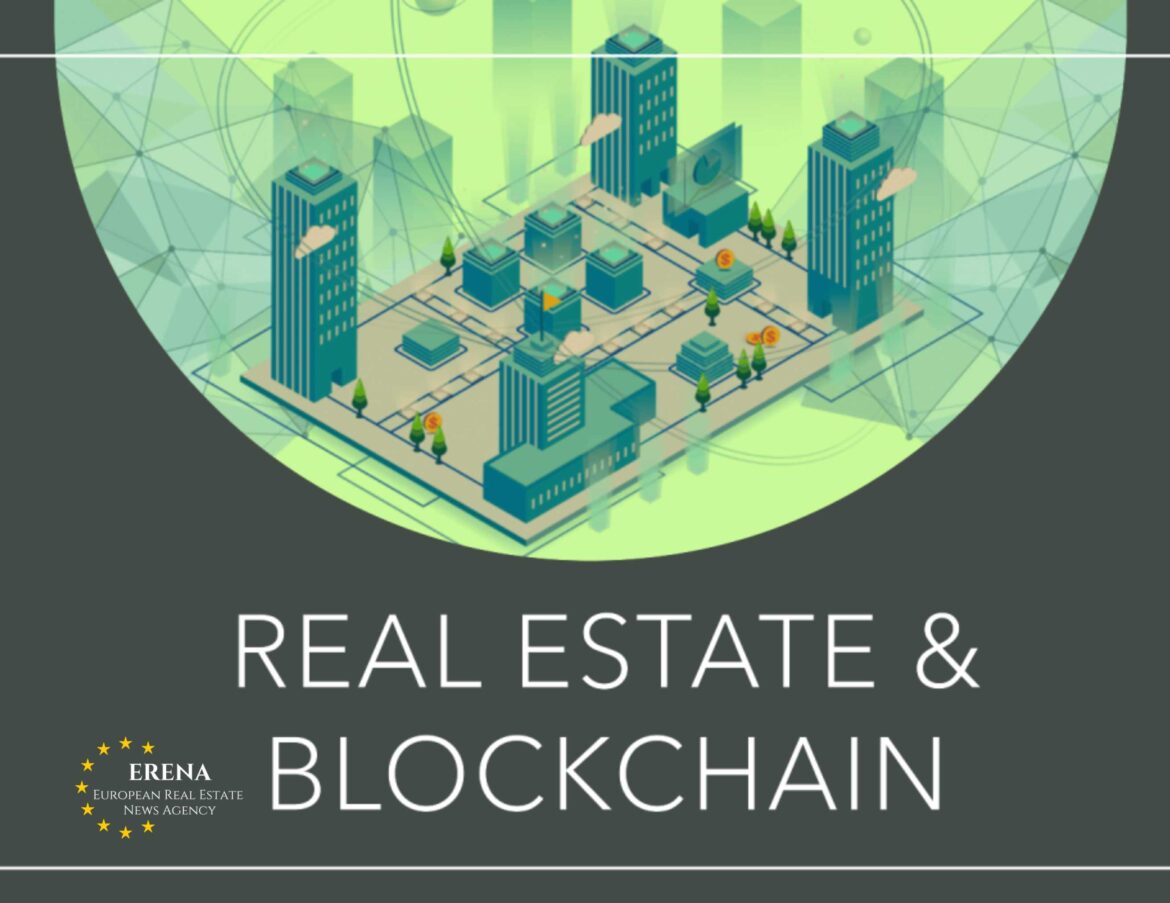Blockchain technology is no longer just a buzzword—it’s reshaping the real estate sector in profound ways. From tokenized property investments to smart contracts and crypto payments, this digital revolution is unlocking new opportunities for both investors and professionals.
Tokenization: Real Estate’s New Frontier
Tokenization of real estate assets has emerged as one of blockchain’s most transformative applications. By converting physical properties into digital tokens, investors can buy fractional shares—lowering capital entry points and boosting liquidity.
- Saudi Arabia’s pilot project now allows token purchases starting at just €0.23 per share, opening the market to retail investors.
- Market analysts project global real estate tokenization will reach €1.55 trillion by 2027, driven by a compound annual growth rate (CAGR) exceeding 23%.
- Major institutional players like BlackRock and Fidelity International are investing in blockchain tools to modernize portfolio structures and cut transaction friction.
Smart Contracts: Streamlining Transactions
Smart contracts automate key processes like title transfers, escrow payments, and lease agreements—eliminating the need for intermediaries.
- Operational Impact: Automation reduces legal and processing costs by up to 30%, speeds up deal timelines, and minimizes errors.
- Real-World Example: Dubai’s blockchain-based land registry stands as a global benchmark, with more cities expected to follow suit.
Immutable Audit Trails: Boosting Trust
Blockchain’s decentralized and immutable structure creates a transparent, tamper-proof record of every property transaction.
- Fraud Prevention: An incorruptible audit trail significantly reduces fraud risks in property deals.
- Global Integration: Dubai’s initiative is inspiring other governments to modernize their public records using blockchain technology.
Cryptocurrency Payments: The Rise of Digital Currencies
As digital assets gain mainstream acceptance, real estate transactions are increasingly accepting Bitcoin, Ethereum, and stablecoins.
- Current Adoption: Around 15% of real estate firms globally accepted crypto payments in 2024—a figure expected to double as regulatory clarity improves.
- Bitcoin’s Surge: In January 2025, Bitcoin peaked at $109,100, adding liquidity and momentum to crypto-based real estate deals.
Pricing Benchmarks and Financial Insights
| Innovation | Price/Value Insight |
|---|---|
| Saudi token pilot | ~€0.23 per token |
| Lofty (USA) | Starts at $50 per token |
| Operational savings | Up to 65% reduction in legal and maintenance costs |
| Bitcoin price | $109,100 peak in January 2025 |
Blockchain-driven models can cut transaction fees by 20–30%, attract smaller investors, and expand cross-border buyer pools.
Regional Developments: A Global Shift
- Middle East: Saudi Arabia’s tokenization pilot and Dubai’s blockchain land registry set the pace.
- North America: Platforms like Lofty and RealT are pioneering fractional investments with low entry points.
- Asia Pacific: Singapore, South Korea, and Japan are testing tokenized property pilots and decentralized real estate platforms.
Action Plan for Real Estate Professionals
To stay competitive in a blockchain-driven market, real estate professionals should:
- Stay Informed: Monitor pilot programs, regulatory sandboxes, and major blockchain rollouts.
- Evaluate Platforms: Assess tokenization and smart contract solutions tailored to your asset classes.
- Collaborate: Work with blockchain specialists, legal advisors, and fintech developers to ensure compliance.
- Launch Pilots: Tokenize a small commercial property or implement smart lease contracts to test market appetite.
Conclusion: The Future Is Now
Blockchain is no longer a futuristic concept—it’s transforming real estate today. With token prices as low as €0.23 in pilot markets and proven efficiency gains across the industry, early adopters stand to benefit the most.
Professionals who embrace tokenization, smart contracts, and crypto payments will attract a new generation of investors, streamline operations, and build a competitive edge in the digital property revolution.

